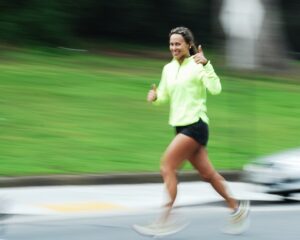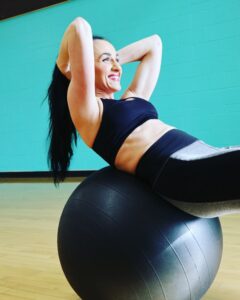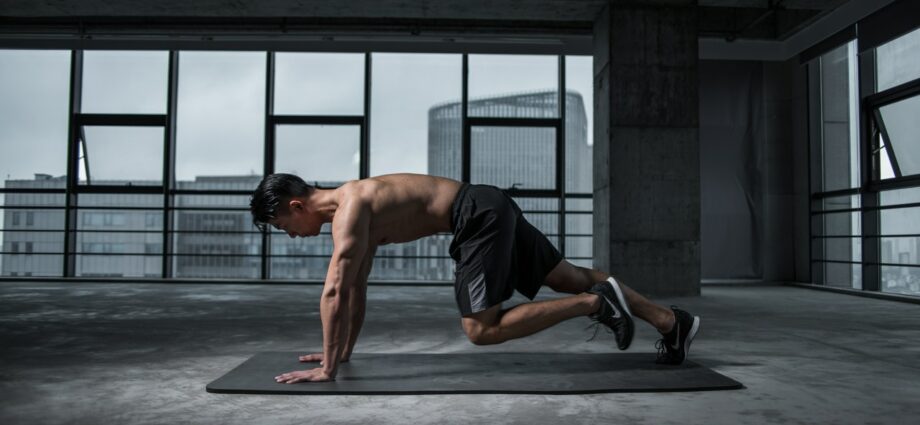Professionals have strict workout schedules. Some of them practice on a daily basis to get the most of their week, and during some parts of the year, that training can be pretty rigorous. Every professional athlete trains a lot, as one would expect. Their work is not simply physical, but also mental and emotional.
But, should you follow such a strict regime as a non-athlete, or rather, as a non-professional athlete? It depends. What are your goals? What kind of intensity are we thinking about? Here is how to approach daily exercise as a non-professional athlete.
You Should Exercise Daily – Building Habits

One of the most important things to do as a human being is to build healthy habits. We need habits to take care of us when we are otherwise unable to. Habits are something we do automatically without much thinking or preparation.
Once you turn exercise into a habit, you will add something new to your arsenal of staying healthier and more importantly, staying in the right state of mind, one of motion. Not all motion needs to be actual running, but rather working on something and in this case, working on building habits by exercising.
You Should Not Exercise With a Lot of Intensity
If you are going to exercise daily, please consider that you cannot recover from intensive workouts. Your body will get sore, you will go undercover and that can lead to many things, from depression to a loss of immunity.
Give yourself time to heal from difficult exercises, meaning that you should plan your week according to your fitness level and to the goals that you want to achieve. You could have a very hard exercise on Monday and then do basic movements on Tuesday, simply to practice form. You could work on your motor skills, rather than strength or endurance training. Always train so that you can recover and go through the next day, until the end of the week, whereupon you will start over, with an updated schedule.
Mix And Match Exercises

People often make the mistake of doing the same exercises over and over, only to get really sore once they change exercises. While the right exercises repeated over time will give your body time to adapt to that exercise, that is also a vulnerability.
Try new exercises and when you do, consider starting off slowly, with little overload and intensity, to gauge where you are at. One often finds that out either immediately or the next day, when they have sore muscles.
Mix exercises, try new ones, work on yourself.
Flexibility, Balance and Motor Skills
Not everything is about strength training or bodybuilding, as most assume. Your flexibility and motor skills are even more important than your strength, albeit the two work together to keep you stable and strong. Having flexible muscles means that you will be less prone to injury. Working on your balance and motor skills will not only help you in the short and long run, but also provide you with a pretty good foundation to lean on as you get older.
One can always exercise on a daily basis, particularly because not every workout session needs to be strength training. Having that in mind is key, as well as daily work on your balance and stretching, to keep you healthier and to build great habits.

